When 11 days in Japan still aren’t enough!
Travel Nostalgia: Why It Hurts & How to Overcome It
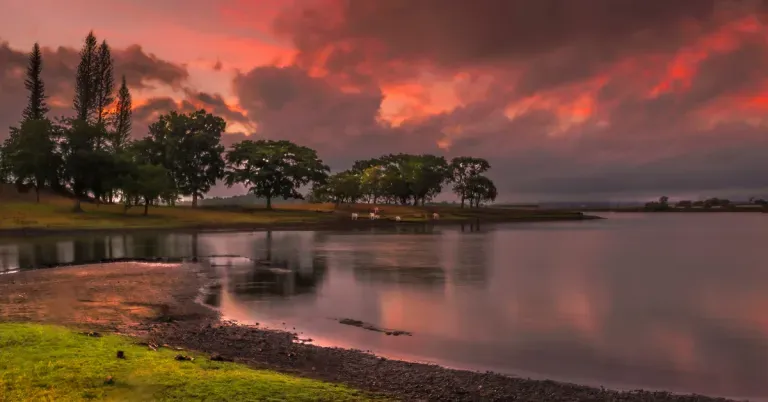
In my hands, I have a faded photograph that triggers . It’s a photo of me and my dad, though not many people will notice this immediately. In this picture, my dad is several pounds lighter, and I, still barely human, am merely tucked in between his scrawny arms.
At the back of this photo, one will find the evidence that this tiny being is, indeed, me. Scribbled in my mother’s remarkable cursive that has somehow managed to make it through time and space is: Lake Caliraya. April 1997. I was three months old; the campsite at Lake Caliraya, where the photo was taken, was barely any older than I was.

I’m 22 years old now. Meaning, I’ve visited this campsite 22 times since I was born. If I may be so bold to proclaim my ownership over this sentimental destination, I believe I’ve seen this campsite through thick and thin.
Also read: On Travel Sepanx & Falling Deeply In Love With Places
A childhood favourite
Many of my childhood memories were built in this campsite, as it wasn’t only I who frequented the place, but my friends as well. My closest buddies and I practically grew up here. It was in this campsite where we transitioned from making paper dolls to playing bangsak in the wee hours of the night. Eventually, we got too old for strenuous games. During our teenage years, we climbed up the campsite’s tower (it wasn’t too scary for us anymore), and we learned how to play cards.
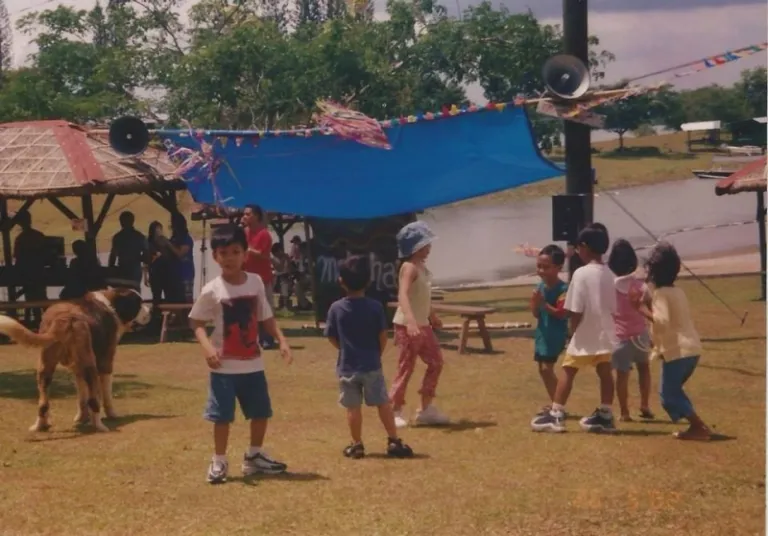
Until now, I consider the friends I’ve made here as some of the closest ones I have. Most of us have graduated from college. Some of us have gotten married already. Although we maintain a good relationship with one another, we’re on different paths now. Still, one activity brings us together more than anything: Hating on every “development” that happens in our campsite.
The pain of development
I will be completely honest with you: I’m a very territorial person. Mixed with my sentimentality, this trait has led me to hate change even more than the average person does. No one messes with the things I find nostalgic. Not even business conglomerates who see capitalistic potential in rural areas.
Except, they did. For my campsite, at least.
If I remember correctly, it was in 2008 when I first heard the campsite’s new (and very infuriating) jingle through the speakers of a certain mall. According to (my parents’) reports, the campsite’s management was turned over. Everything was doomed for destruction. As my friends and I visited the campsite later that year, we found our nightmares coming true — one demolition and one construction at a time.
We mourned the loss of our dear sand playground. We had all agreed that it was the best playground of all time. Today, a conference room stands in its place. And how horrible that conference room is.
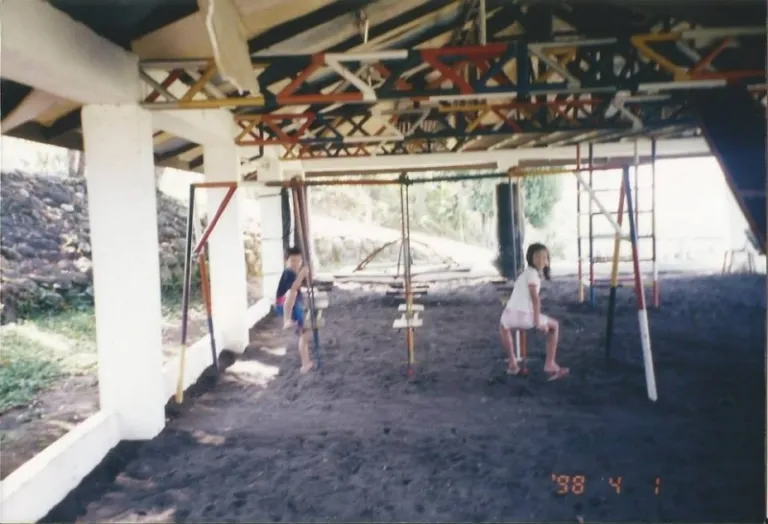
The kitchen and dining area have changed as well. So have the food. The diner rolls aren’t as tasty as they once were. The buttered veggies? Not so exciting anymore. All that’s left of the place we fell in love with are these photographs I hold in my hands: The campsite’s uninterrupted rolling hills; its horses, frogs, and beetles; me, with a plastic of Tomi in hand, trying out fishing for the very first time.
Travel nostalgia
Every traveller knows what feels like, I think. We scan through photos of a certain trip we had and we immediately get this yearning in our hearts. To us, these destinations aren’t just destinations. They’re memories. They’re places where we gained experiences, built relationships, hoarded lessons. We flew into this country, walked the streets, tasted the food, and spoke the language. We fell in love with the culture. Some destinations feel so close to our hearts that we mistake them as ours. We cherish them so much that we become very protective over them.

But sometimes, changes happen. And we can’t do anything about them. Urbanisation comes into play. Our childhood campsite gets developed. The quirky little café we loved going to closes down. Our favourite receptionist retires. The secret spot that was tenderly our own gets discovered by hordes of tourists. Large-scale corporations capitalise on what was once our private haven, stealing away the tranquility of our best-loved seashores.
The inevitability of change
Accepting change is never easy. Yet, it is absolutely necessary.
I say this with a lump in my throat: The fact is that time will inevitably change places — painfully speaking, even the places that we love.
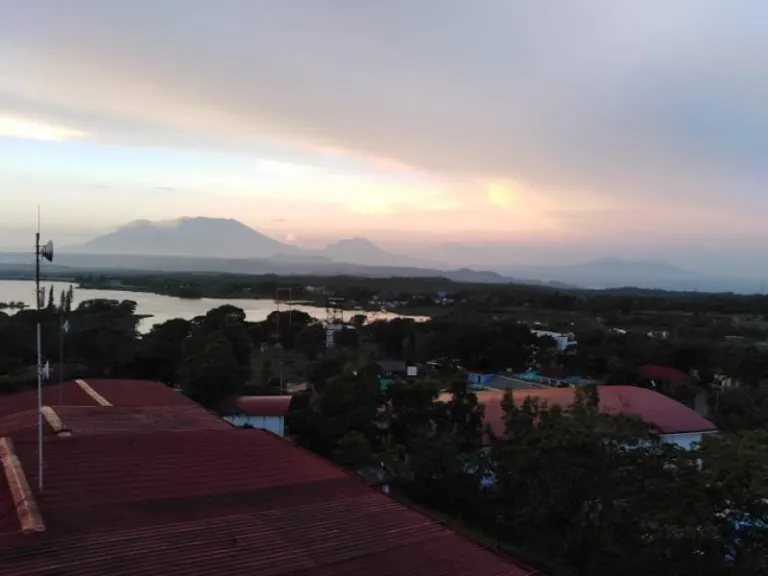
Paradoxically, places that don’t exhibit much change will still feel different to a person seeking a sense of . If anything, travelling to a nostalgic destination might just make us miss the destination even more. We tend to create an image of the place we’ve fallen in love with, only this image is masked by the specific medley of emotions and adventure the place has gifted to us in the past.
Sometimes, places will stay the same, but we won’t. We will have grown, have wider perspectives, experience things differently. With this, nothing will ever be the same. And maybe, that’s okay.
Acceptance and growth
Lao Tzu once said, “Life is a series of natural and spontaneous changes. Don’t resist them; that only creates sorrow. Let reality be reality. Let things flow naturally forward in whatever way they like.”
Honestly speaking, I have yet to completely master the art of acceptance. I still have the habit of holding onto things, grasping them tightly even when they are slowly spilling between my fingers. It’s a painful tendency to have.
Also read: Revisit Places: 5 Reasons Why It’s Good For You
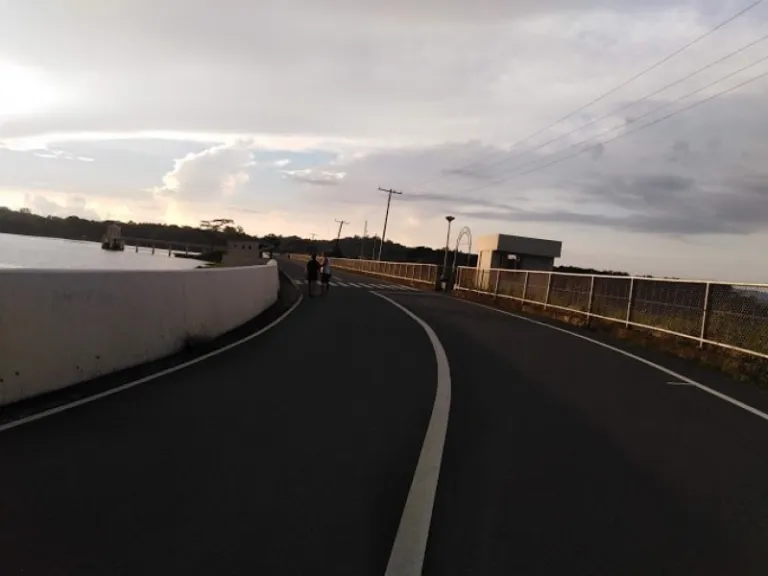
Needless to say, I still believe that there’s beauty in the ability to move on. It’s different from forgetting altogether. Moving on allows us the peace of looking forward to the future, while also carrying our most treasured memories with us everywhere we go. It allows us the eagerness to visit familiar places, and also the excitement to book flights to new destinations.
I guess the real lesson here is that we can never relive moments perfectly. Every trip we take will be special and irreplicable. But while we can’t force places to last forever, we can certainly prolong memories. Let’s make the most out of every trip that we can, through building moments that will last a lifetime.
Published at
About Author
Danielle Uy
Subscribe our Newsletter
Get our weekly tips and travel news!
Recommended Articles
11 Days of All Things Weird & Wonderful in Japan New Year’s Resolutions Travellers Should Follow For 2019 Have better travels next year!
I Tried to Limit My 3-Day Cebu Trip Budget But Failed Miserably Have you ever tried exceeding beyond your travel budget?
How I Travelled 30 Days to 5 Southeast Asian Countries Under ₱50k Budget Ready to take your Southeast Asian trip to a new level? How about travelling for a month through five countries?
How We Spent 4 Days in Ho Chi Minh, Vietnam with ₱4k Pocket Money Inclusive of food, accommodation AND tours!
Latest Articles
10 Airbnb Rentals In Boracay Perfect For a Quick Family Vacation Check out these cosy, fun, and convenient Airbnb stays!
Ilocos Norte Travel Guide: Where and How to Go Discover the best of Ilocos Norte!
Where to Find the Best Korean-Themed Cafes in the Philippines Here are the trendiest Korean cafés in the Philippines!
Photography Etiquette in Japan: What Travellers Must Know Essential tips for respectful photography in Japan.
Monkey Bay Thailand: What Filipino Travellers Should Know Before Travelling One year after the scare

